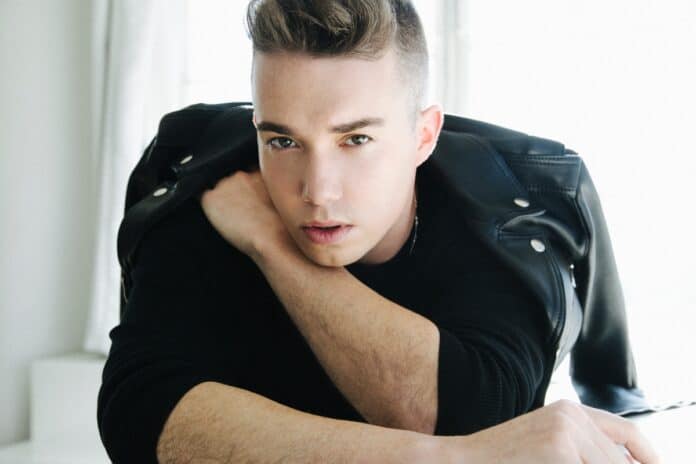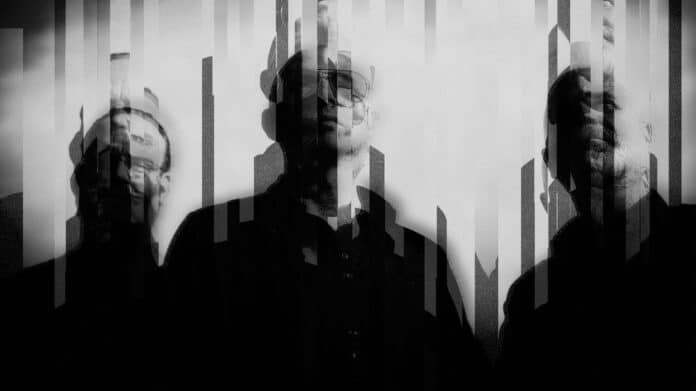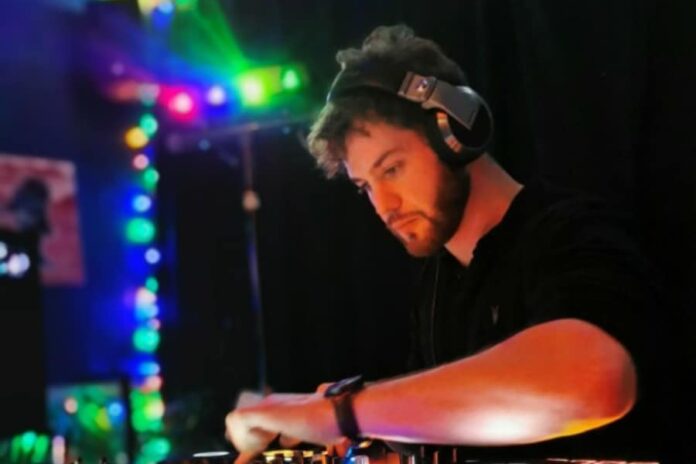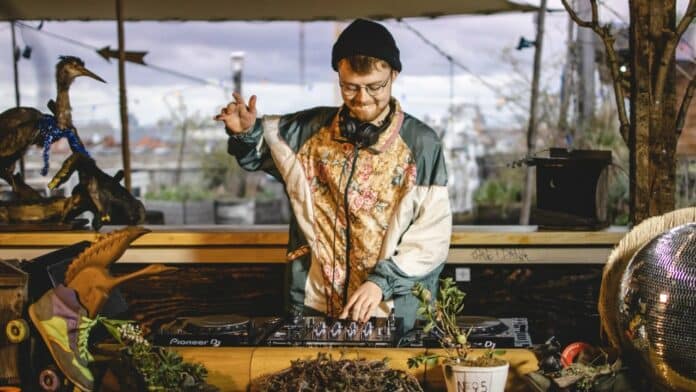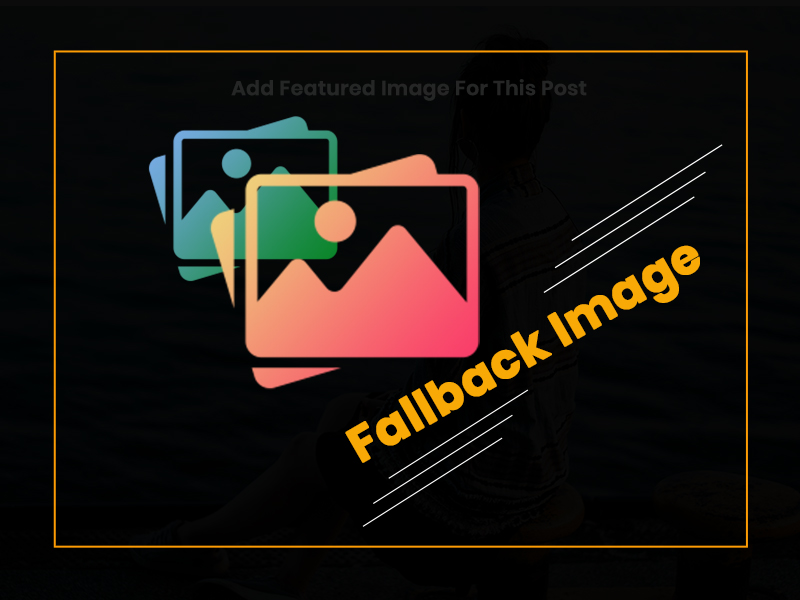
Bob Vylan: “We’ve been screaming about these topics at the top of our lungs for years. Why has it taken this long?”
The dead air played during ‘Moment of Silence’, the final song of Bob Vylan’s new release, ‘We Live Here’, provides the loudest message. After seven songs of bruising punk tackling racism and police brutality, the silent moment of reflection is a devastating reminder that these issues aren’t new and may never go away.
Penned months ago, and briefly delayed, the London duo said that the new EP was “scarily relevant” and dropped the whole release on Bandcamp last Friday (June 5). The title track in particular deals with the racist abuse the band have experienced here in the UK: “Neighbors called me n***** / Told me to go back to my own country / Said since we arrived this place has got so ugly / But this is my fucking country / And it’s never been fucking lovely.”
The NME 100 alumni’s release flirts with hardcore, grime, hip-hop and beyond, but their frustration and outrage is constant and spectacular. Just days after their new release, NME speaks to frontman Bobby Vylan about bypassing streaming services, the music industry’s scramble to cover their backs, and the people that told them that their message was “too extreme”.
When was the moment you decided to just drop the EP?
Bobby: “Thursday daytime. It was supposed to come out a while ago and then we decided to hold off, but then we knew that now was the right time. We already had the vinyl in the works, so just quickly created a mock-up and chucked the digital masters on Bandcamp. Truth be told, I wasn’t expecting 250 vinyl to sell out in a few hours!”
The release currently lives exclusively on Bandcamp. Why just there?
“As a band we pride ourselves on making sure the music is available for everybody. Usually We have a model that we’ve been sticking to for previous releases. So that means even though you can buy it on Bandcamp it’s fairly priced and you can also stream it on Bandcamp and Soundcloud for free so if you don’t have one of these DSPs like Spotify, for ethical reasons or financial, you can still hear the music.”
Why did you decide not to stream this release?
“One reason is that we can’t tour and play shows so we can’t make money. We’ve had festivals and tour dates cancelled and there really isn’t any knowing when that will come back. Giving it to people who actually care to support us and who would buy a ticket to come and support us made sense in order to make a bit of money back – because it’s not free to make music.
“Another reason was related to this throwaway culture we have. A lot of that is due to people who pay a fee like £10 and have so much access to music – you’re not really placing the value to anything. The message in this music is one that we want people to take in. We don’t want people to listen to it once and then never again. Placing a value on that means that the person buying it places a value on it too.
“Finally, the topics that are explored and talked about on this release are very personal. When I’m talking about the racism on ‘We Live Here’, it’s a a personal story from when I was a child and someone called me a n*****. It’s hard enough for me as the songwriter to place a value on some of the issues being discussed. How much is the story of me being called a n***** aged seven or eight worth? I don’t know how much, but I know it’s worth more than the minuscule amount whatever Spotify and other streaming services pay. It didn’t sit right with me having someone else dictate that.”

Upon release you said the industry deemed your music “too extreme”. Is that something you’ve heard from at every level?
“Multiple people in the industry have said that it’s too extreme. If I was to meet this much resistance doing anything else and something that wasn’t so based around social commentary, then I don’t know if I would continue. Because I’d start to think maybe that what I’m doing is wrong. But this opposition is something that we’ve had at every level.
“Some of the stuff we’ve had you couldn’t make up. We were told by one PR agency that they wouldn’t work with the song because of the track ‘Pulled Pork‘. In their opinion, it encouraged violence against the police, and whether it does or does not is up to the listener. But they were adamant that there were only a ‘few bad apples in the force’ – but that negates the fact that the whole system is built on racism and oppression. If there are only a few bad apples, where are the good apples? If they’re stood by watching, then they’re not good apples. But this person who said they couldn’t work with us says they love N.W.A. That’s no joke. You can’t write that.
“We’ve taken stuff to NME, Kerrang and Vice and they’ve said the same thing: ‘It’s great, but it’s not the right time. But we’ve gotten used to it now. With the current climate, our music somehow is more relevant than ever and with that we’ve found a lot more people have come to us and said ‘what do we think about this’. This is the first interview that we’ve wanted to do.”
The music industry took part in #TheShowMustBePaused last week. How does it feel to see the same people who have tried silencing you taking part?
“It’s a weird one and I’m trying to pick the words carefully, but you can see people scrambling. You can see everybody scrambling. It’s not labels like Republic, Island or Universal – there are magazines, blogs, make-up companies and modelling agencies scrambling for black voices and faces to appear that they’re making a difference and making a change. Because what we’ve been saying – we as black people – for such a long time, is now becoming undeniable. These companies do not want to appear on the wrong side of history.
“Now, these companies’ shareholders will let them speak out, because it’s in their interests financially. But where was that energy months ago? And will it still be here in a few more months when #BlackLivesMatter isn’t trending on Twitter? For us, that’s scary. I think the black community is making sure that this movement isn’t being co-opted by companies.”
“It’s sad what it took to get here. This isn’t the first time we’ve seen a video like this. For white people, the video of George Floyd is the first that has seemed to enrage them. This is the first instance that seems to have moved them – but I’m not really sure why. We know of these cases, it’s not anything new just look at Eric Garner a few years ago. I know that we’re in a pandemic and locked-in and people are angry already, so this is the spark that ignites everything. This tension has been building – they’re angry at this pandemic and disease that we can’t see, and now they have something visual to be angry at.
“My anger, as a black man right now, is ‘why did it take this long?’ We have not been quiet about this, we have been screaming about this. Us, as black punks, quite literally. I’ve been screaming about this at the top of my lungs, but nobody has said anything than, ‘Oh it’s too extreme’ and ‘it’s not a problem here in England’. They’ll say that racism in the US is a problem, but here in the UK that it’s dead.
“So having people reaching out now has felt disingenuous. That’s one of the reasons why we’ve been turning down the interviews. When we were trying to get NME, Kerrang and Vice to talk about these things as platforms and are now using us as voices. We’ve been screaming about this as people that can’t be silenced because there is no bag to fuck up or label to piss off.
“We reached out with ‘We Live Here’ [first released in March 2020] and no-one wanted to listen. That’s where we need to see that change, when the problem presents itself in the first place. Because had that happened generations ago, we wouldn’t have police officers killing black men in the middle of the street because we would have cured and overcome racism, and figured out ways to purge it from society and our minds. It starts with education, which unfortunately hasn’t happened yet.”

“I would love to see that Churchill statue pulled down and thrown in the Thames”
The Minnesota Police Department is set to be disbanded, and a community-led initiative is being discussed for safer policing. Is that a step in the direction?
“What we need to see now is white people talking to other white people in ways that they can help dismantle this white supremacy and racism in every institution and structure that we live under. I think it starts with reading and expanding on what you’re taught in school. I had to learn my history because they didn’t teach it in school. I had to buy the books, listen to speeches and do my own research – now white people have to do that. But we never talk about England’s role in the slave trade.”
Just days ago, a statue of slave trader Edward Colston was pulled down in Bristol…
“White people see the Confederate Statue in America and say how terrible it is to have standing in the centre of a town, but it’s a problem here, too. We still have a Winston Churchill statue standing – I would love to see that statue pulled down and thrown in the Thames.
“Anyone with any kind of personal responsibility needs to take a step in the direction towards better education and that can include educating yourselves or friends, or speaking up when you see micro-aggressions. But how do you stand up against a micro-aggression if you’ve never experienced one? It’s education and creating diversity among employees. White people need to pull people up when they recognise them.
“When the people suffering speak about it, no-one wants to listen. That’s exactly what’s happened when we’ve spoken up about things. There are so many female-fronted bands that talk about feminism and feminist struggles, but are nowhere to be found on blogs and magazines. But let someone like IDLES say something, and people go ‘oh, bravo’.
“That’s what we felt as black artists talking about these things to have these things looked over, but other lighter-skinned artists say similar things or have album campaigns based on similar things and be hailed as ‘innovative’ and ‘outspoken’.
“Over the past couple of weeks or so I’ve found myself caring less and less for IDLES after seeing how they’ve handled certain things and the same with a couple of other bands. I think it’s very cowardly when you create a living on being outspoken and challenging injustice, to then shut your mouth when you have an album coming out and a man is dead in the street. Protests are happening around the world and you have an album coming out and a fanbase of, let’s face it, majority white men, but you keep your mouth shut to sell your album. That is the problem. That is what we need to change. Wondering about the fall-out shouldn’t be an issue: it’s either wrong or right.
“Y’know, I don’t expect David Guetta to say something. He’s not a politically charged artist – the music doesn’t concern itself with the struggle of disenfranchised people, but if you make a living of this – in the same way that if you make a living off of black culture – then yeah, maybe you should eradicate the word ‘urban’, at the very least. But I’m very disappointed with those guys. I was a fan and I went to the shows, bought the album and got it signed, but man, that shit is disappointing as a fan. I’m not expecting IDLES to save me from racism, but if you choose a platform to stand on, then you better stand on it with two feet.”
What comes next for Bob Vylan?
“We don’t know when we’ll be able to play a live show or rehearse again, but we’ve been going to the marches – it’s how we’re using our ‘exercise time’. There’s so much more important stuff to worry about at the moment than even this project. There’s so much more to be talked about at the time. While we have the eyes and ears of white media and platforms, I would just be a fool to talk about just the music and the plans.
“But I’m trying to be very careful with what we talk about the plans of the music, because to put it quite plainly: we don’t know. It’s an exciting time for us in a way as I think this project is more relevant than it ever would have been.”
Bob Vylan’s new project ‘We Live Here’ is available to buy on Bandcamp now

